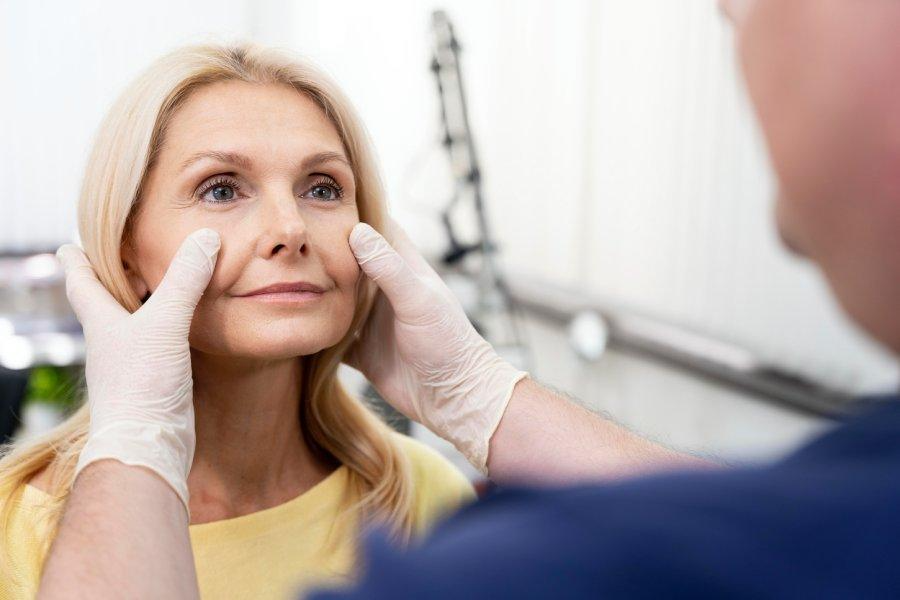Managing surgical wounds properly is crucial for preventing infection and promoting healing. While specialized wound cleansers are often recommended, sometimes mild soap may be used under certain conditions. Here’s a look at the types of soap that can be considered for cleaning surgical wounds, along with some key considerations.
1. Mild, Non-Antibacterial Soap
For many post-surgical wound care instructions, using a mild, non-antibacterial soap is recommended. These soaps are gentle and less likely to irritate the skin or disturb the wound healing process. It’s essential that the soap is free from fragrances and dyes to minimize any potential for skin irritation or allergic reactions.
2. pH-Balanced Soap
Soaps that are specifically formulated to have a neutral pH close to that of human skin (typically around pH 5.5) are preferable for surgical wound care. A pH-balanced soap helps maintain the natural barrier function of the skin and does not disrupt the healing tissues.
3. Hypoallergenic Soap
For patients with sensitive skin or those prone to allergies, hypoallergenic soaps can be a safe option. These soaps are formulated to minimize the risk of skin irritation and allergic reactions, making them suitable for cleaning around surgical wounds.
4. Antimicrobial and Antibacterial Soaps
While often debated, antimicrobial or antibacterial soaps may be used in certain cases, especially if there’s a higher risk of infection or if the surgical wound is showing signs of possible contamination. These soaps can help reduce the presence of bacteria that may cause infections. However, their use should be carefully monitored and typically guided by a healthcare professional to avoid developing antibiotic resistance or disrupting the skin’s normal flora.
Key Considerations for Using Soap on Surgical Wounds:
- Gentle Application: Always apply the soap gently around the surgical wound area without directly scrubbing the wound itself. The goal is to avoid disrupting the wound healing.
- Rinsing Thoroughly: It’s crucial to rinse off all soap residues thoroughly with clean water to prevent any irritation or drying effects from the soap.
- Frequency of Cleaning: Follow the cleaning frequency as advised by healthcare providers, usually during regular dressing changes or after specific activities that could expose the wound to contaminants.
- Consult Healthcare Providers: Before using any type of soap on a surgical wound, it is essential to consult with healthcare providers. They can offer guidance based on the specific nature of the wound and any underlying health conditions.
Alternative Wound Cleansing Options
If soap is considered too harsh or if there’s a specific reason to avoid its use (such as a highly sensitive wound or patient allergies), there are other wound cleansing options available:
- Saline Solution: Often recommended for its gentleness and isotonic nature, saline solution can effectively clean wounds without causing irritation.
- Commercial Wound Cleansers: These are specially formulated to be gentle on wounds and effective in removing contaminants without disrupting healing.
Choosing the right type of soap for surgical wound care is important to avoid complications and ensure proper healing. Mild, pH-balanced, and hypoallergenic soaps are generally safe options, but the use of any soap should always be done under the guidance of healthcare professionals. By following appropriate wound care protocols, patients can achieve optimal healing outcomes and reduce the risk of infection.











